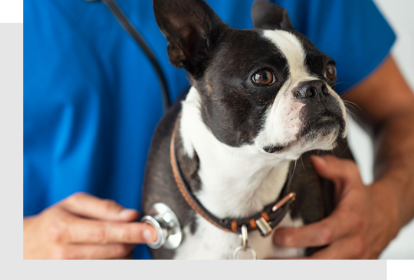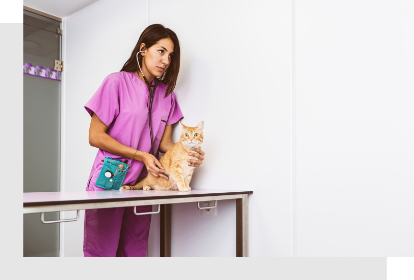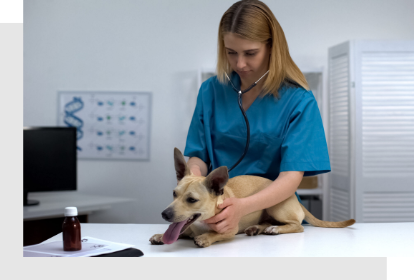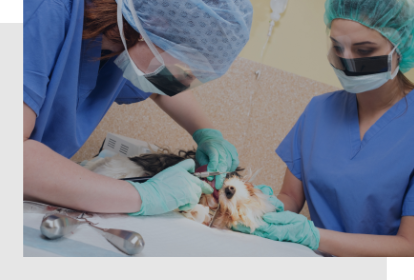Pandemic delay in vaccination and check-ups a danger as parvovirus numbers rise
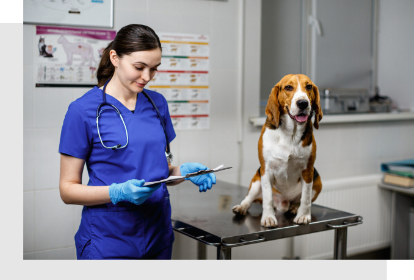
The coronavirus pandemic has birthed a number of challenges for every industry, not least veterinarians.
As there has been a rise in stress levels in vets, delays caused by lockdowns has led to a decline in treatments for pets, particularly vaccinations and check-ups, which has created a huge backlog.
While this backlog in treatments is a huge problem, it has been met with the further issue of the so-called ‘pandemic puppies’ craze which has seen a rise in the number of pets despite a limited number of vets to treat them.
Most worryingly, this decrease in vaccinations has come at a time which has seen an outbreak of parvovirus and acute vomiting in dogs in areas such as the UK.
According to the Vets Times, the UK saw a 129% increase in suspected cases of parvovirus in the first three months of 2021, compared with the same period last year.
Comparing that information with data identified in our VetsSurvey, it becomes apparent that the UK could find itself in the midst of another race to vaccinate against a virus, but this time in pets.
Our VetsSurvey found that due to the delays caused by the pandemic, the UK has had the highest decline in vaccinations administered when compared globally, with 60% of veterinary practices across the nation reporting a drop.
This decline is consistent across Europe with Belgium, Italy, Portugal and France the next highest in the data before Canada.
Only practices in Africa saw a bigger decrease in vaccinations (47 per cent) when compared to Western Europe (43 per cent).
Despite this, the highest number of veterinary practices to stop vaccinations altogether was also in Western Europe (8 per cent), while 36 per cent of practices across the globe reported the same drop.
Check-ups, which can be the root of identifying the need for vaccination, also rapidly declined as a result of lockdowns in Western Europe, with 50 per cent of vet practices across this region reporting the highest drop in these routine assessments of how pets are doing, the highest when compared globally.
In every region that was surveyed, most reported that the coronavirus pandemic had completely stopped routine check-ups in some practices as well as vaccinating.
The decline is vaccinations & checkups per market since the beginning of the pandemic.
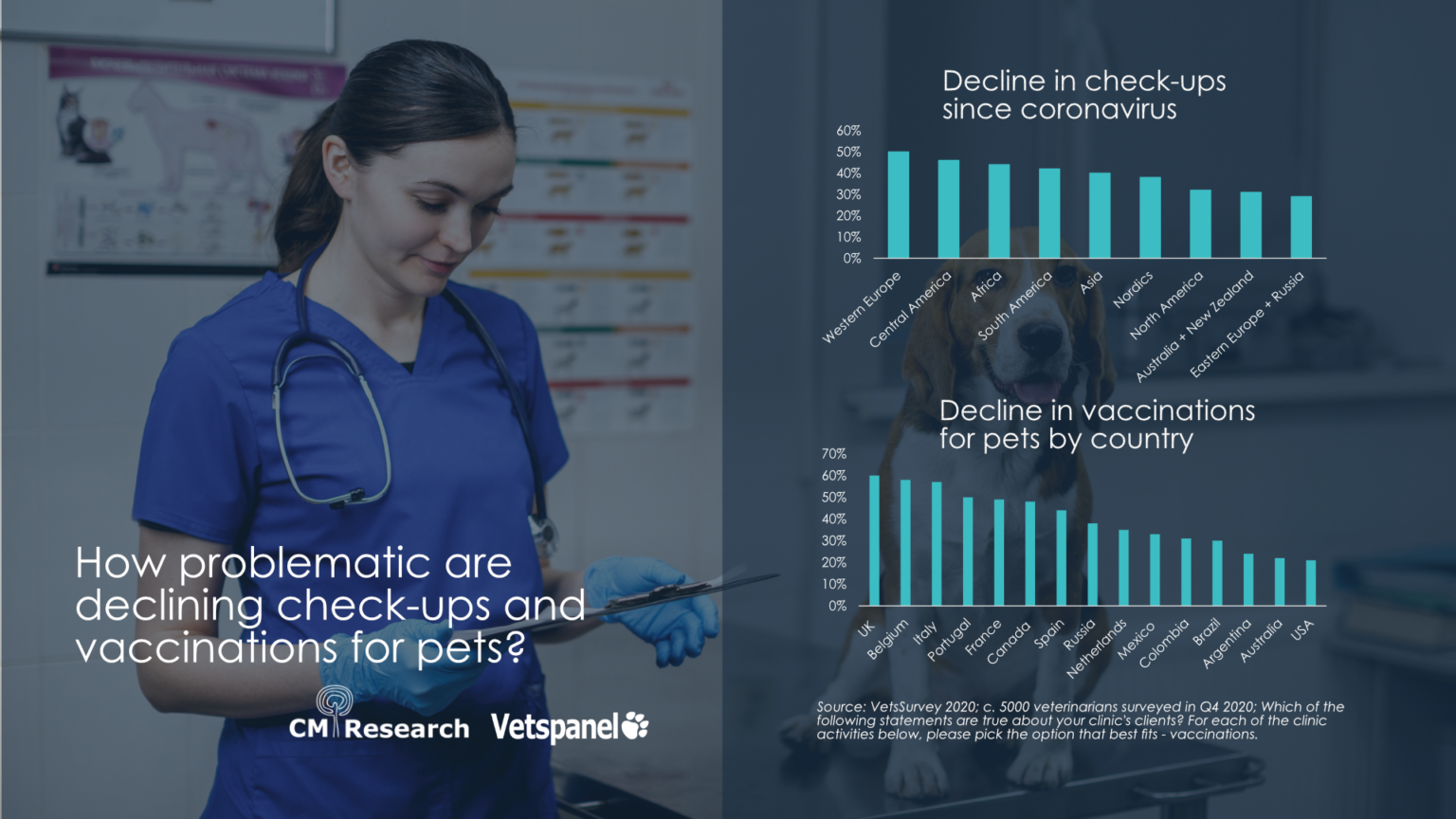
Further to the data published by Vets Times, IVC Evidensia released research showing that up to 45% of registered pet owners had not received vital vaccinations and boosters for their pets.
This potentially creates a new wave of challenges for pet owners and vets alike. As consultation numbers have been dropping, this lack of certainty on whether pets will be vaccinated to protect them from the potentially fatal parvovirus is the last thing vets need with growing client numbers.
The time in which solutions are found may well alter the results in winning the race against the potentially fatal parvovirus and future diseases.
Ensuring the support and compliance from pet owners in bringing their pets for check-ups and vaccinations will only be met if practices can increase service capacity and easing measures to meet demand.
The backlog caused by coronavirus will likely be a hindrance for years to come, but as client numbers increase, so does the threat of parvovirus and potentially new fatal viruses for pets as well.
Related Blogs
October 20, 2022
The cost-of-living crisis and its impact on veterinary practice. PART I
0 Comments4 Minutes
January 23, 2022
COVID-19 Global Pandemic impact on the veterinary market. VetsSurvey 2020 – Part 1
0 Comments1 Minutes
October 21, 2021
Veterinary nurses overlooked as petition calls for better understanding
0 Comments4 Minutes
April 30, 2021
Stress: the biggest global pandemic threatening the veterinary industry?
0 Comments4 Minutes


